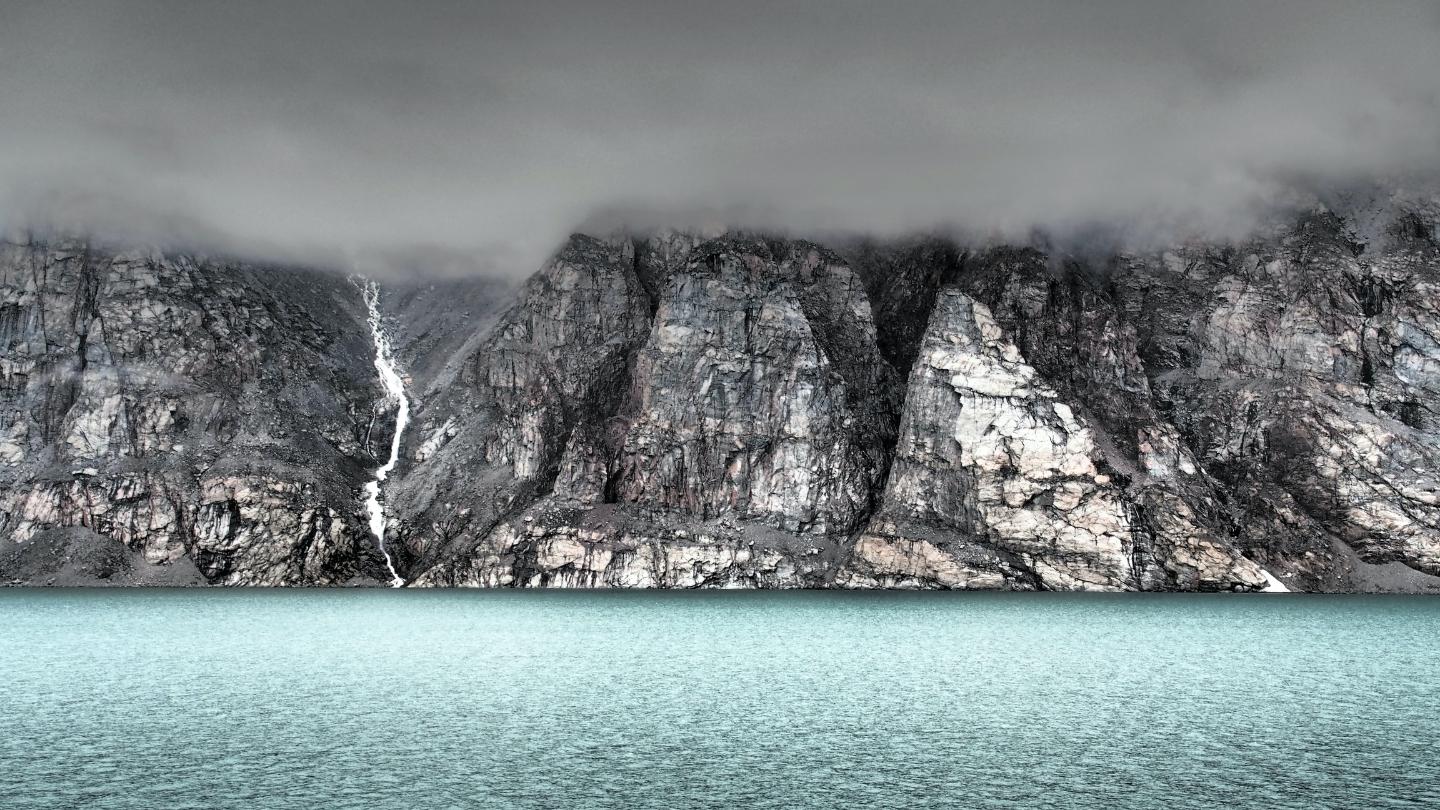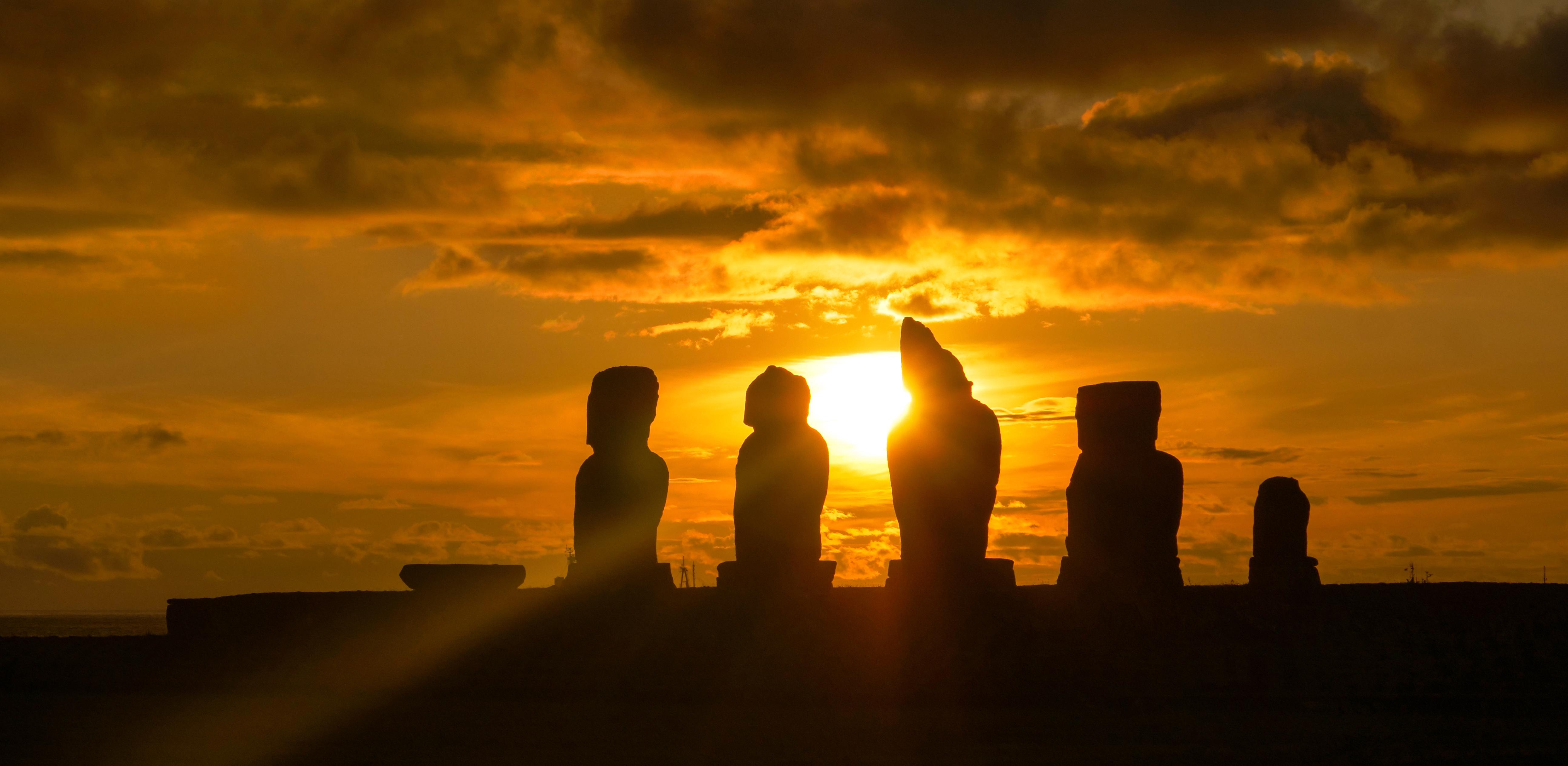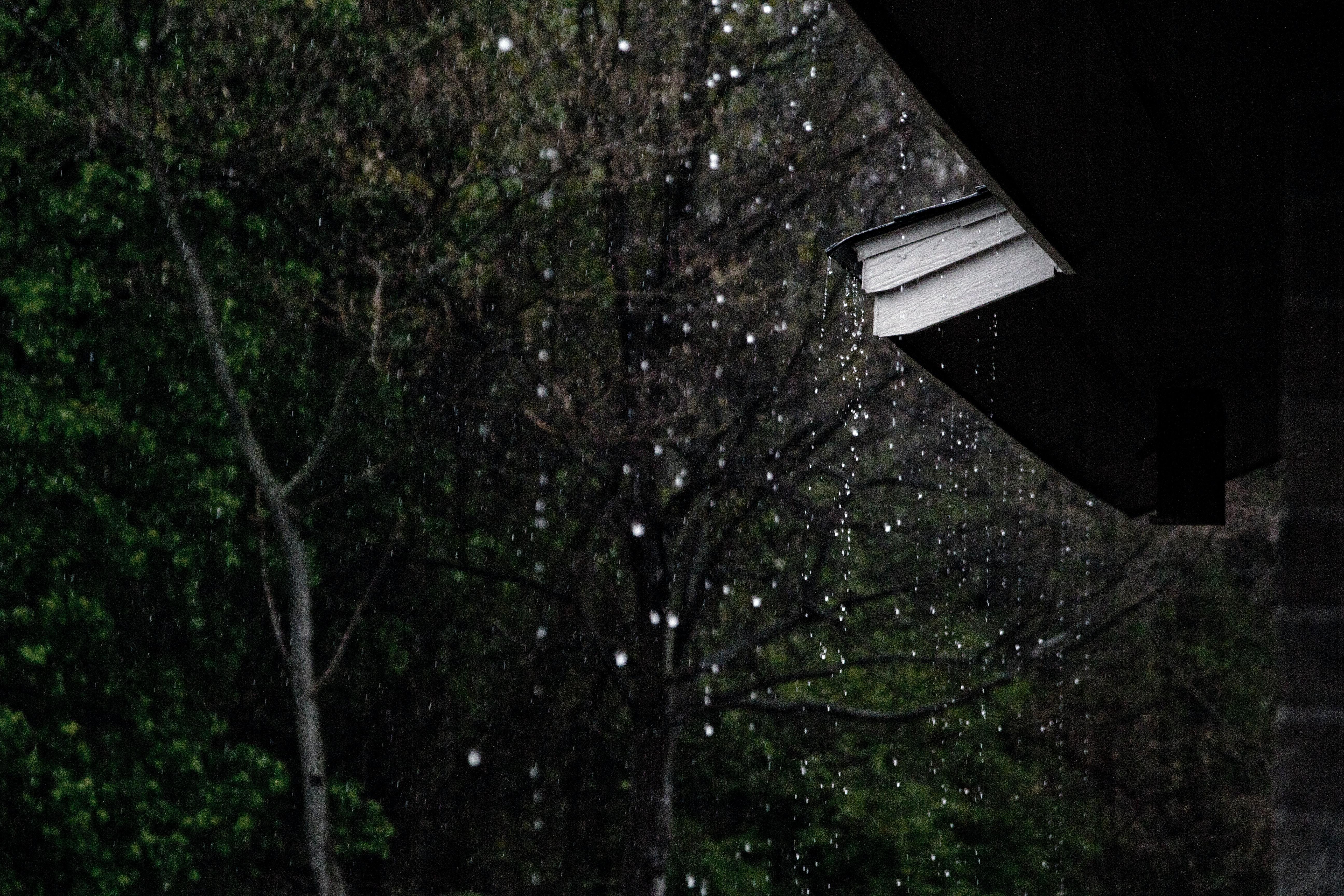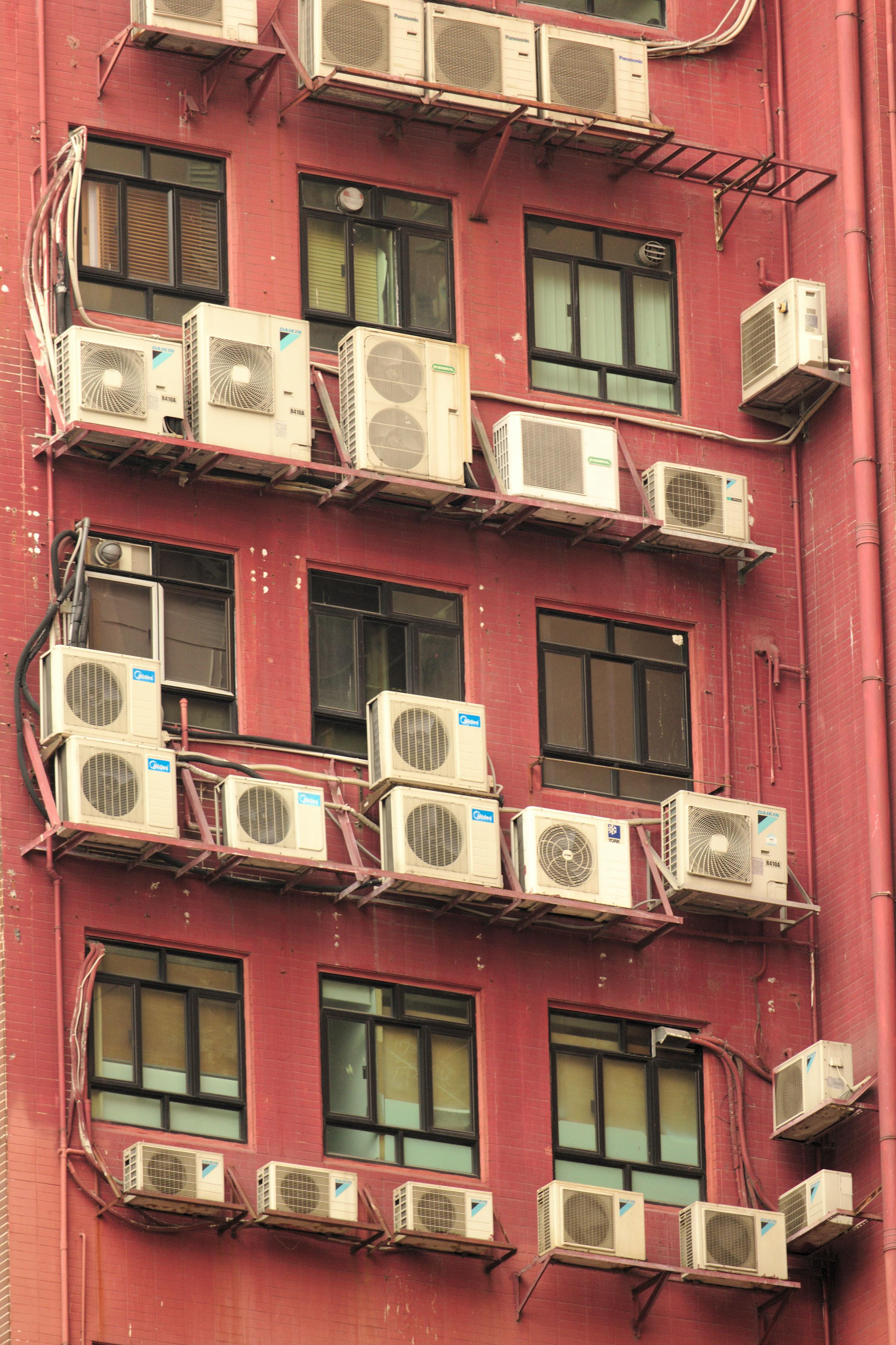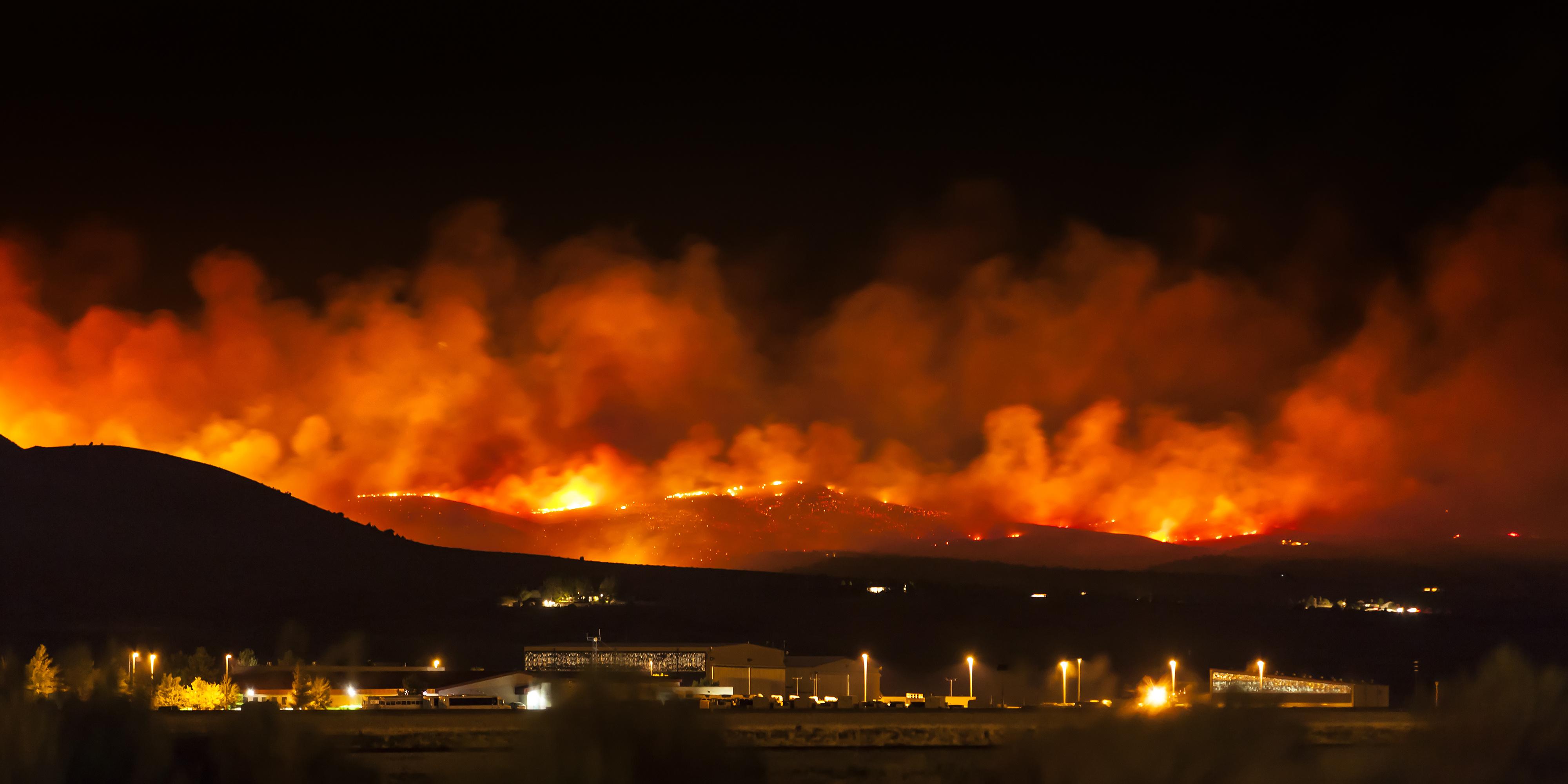If we nuked hurricanes radioactive fallout would ‘quickly’ affect land areas

Image source: National Nuclear Security Administration / Nevada Site Office
- Donald Trump reportedly has asked about nuking hurricanes a few times, but denied it on Twitter.
- The idea has been around for a while, even though it’s proven to be useless and incredibly dangerous.
- Hurricanes let off more heat energy than dozens of nuclear bombs combined and there would be no way to stop the radiation from spreading if anyone ever tried nuking one.
U.S. President Donald Trump has reportedly suggested nuking hurricanes in an attempt to stop them. Axios first broke the news that Trump made the suggestion more than a few times in private meetings.
According to Axios, their source told them: “During one hurricane briefing at the White House, Trump said, “I got it. I got it. Why don’t we nuke them?’ They start forming off the coast of Africa, as they’re moving across the Atlantic, we drop a bomb inside the eye of the hurricane and it disrupts it. Why can’t we do that?”
Trump has denied he’s said this a few times.
The idea to bomb or nuke hurricanes is surprisingly something that was considered in the mid-20th century. Scientists have routinely had to give explanations on why nuking a hurricane is a horrible idea.
This “solution” flies in the face of what’s actually causing more intense hurricanes — climate change. Indeed, from the beginning of June until late November, the Atlantic hurricane season really picks up. It has only gotten worse in the past few decades due to an increasingly warmer ocean temperature.
You can’t nuke a hurricane
Today, hurricane modification is resigned to the scientific fringes. In the 1960s and ’70s there was more of a concentrated effort and vibrant research community studying how to weaken cyclones. Nuclear bombardment was one of those options.
Government scientists first postulated the idea sometime in the 1950s, but it was soon taken less seriously after they realized the dangers of radiation contamination.
Today, the National Oceanic & Atmospheric Administration (NOAA) actively keeps a webpage dedicated to debunking this inquiry. They state that nuclear weapons might not even have any effect on altering the storm and that “radioactive fallout would fairly quickly move with the tradewinds to affect land areas.”
Not to mention, there would need to be an absurd amount of energy required to match a hurricane’s strength. Heat released from a hurricane is equivalent to a 10-megaton nuclear bomb exploding every 20 minutes.
Their statement adds:
“The task of focusing even half of the energy on a spot in the middle of a remote ocean would still be formidable. Brute force interference with hurricanes doesn’t seem promising. . . . Attacking weak tropical waves or depressions before they have a chance to grow into hurricanes isn’t promising either.”
The U.S. government used to run an experimental program aimed at curbing hurricanes by misting them with particles of silver iodide. This too, was deemed to be implausible. There are a number of environmental consequences that come with attempting to stop a hurricane. The aforementioned iodide spray could coat the ocean with millions of pounds of a soot-like substance and create problems for people downwind.
Radioactive risk is too high
International law prohibits the use of nuclear weapons for non-military purposes if it exceeds 150 kilotons. This is part of The Peaceful Nuclear Explosions Treaty, which was ratified by the United States in 1990.
While there is little data on the effect radiation has on ocean marine life, scientists have found that after the Fukushima nuclear incident of 2011, there was significant levels of radioactivity in the ocean. There was the potential that radioactive plankton could be washed through the rest of the world through sea currents.
The last thing we need is more nuclear mishaps, such as the catastrophe currently unfolding in Russia.
There is a much less dramatic — bombastic — way to curb the intensity of hurricanes. And that is to minimize the effects of climate change, such as focusing our efforts on clean energy.
